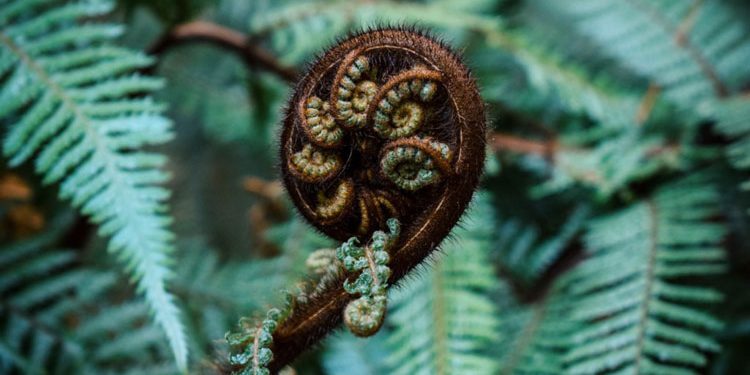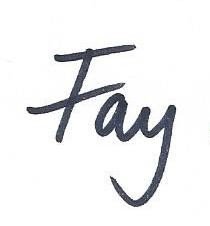Enter the wild with care, my love
And speak the things you see
Let new names take and root and thrive and grow
And even as you travel far from heather, crag and river
May you like the little fisher, set the stream alight with glitter
May you enter now as otter without falter into water
Look to the sky with care, my love
And speak the things you see
Let new names take and root and thrive and grow
And even as you journey on past dying stars exploding
Like the gilded one in flight, leave your little gifts of light
And in the dead of night my darling, find the gleaming eye of starling
Like the little aviator, sing your heart to all dark matter
Walk through the world with care, my love
And sing the things you see
Let new names take and root and thrive and grow
And even as you stumble through machair sands eroding
Let the fern unfurl your grieving, let the heron still your breathing
Let the selkie swim you deeper, oh my little silver-seeker
Even as the hour grows bleaker, be the singer and the speaker
And in city and in forest, let the larks become your chorus
And when every hope is gone, let the raven call you home.
by Robert Macfarlane
These are some of the most beautiful words I’ve read and listened to in recent years. On the Lost Words website it says their intention is to ‘Sing nature back to life through the power of poetry, art and music’. The beauty becomes deeply melancholy against the backdrop of loss which is behind the project. I recommend listening to the song while mindfully resting in the body. If it speaks to you, you may experience a firework display of tingles…
These words bring deep recognition for me – it’s a recognition of the wonder of the natural world and a recognition of my own profound care for it. I feel as if I’m tied to it by a thousand golden threads of love. These golden threads gleam against a backdrop of tragedy though. In earlier years my love of nature felt innocent and joyful, now it feels more like the threads are entwined all through with heartbreak. The Lost Words book itself came into being as a response to many nature words, such as acorn, kingfisher and wren, being removed from a widely used children’s dictionary in the UK – an ominous symptom of the times we live in.
Mindfulness, poetry and the arts in general are all ways to remember the golden threads with which we are bound together into nature. The poem plays with this inseparability by letting us momentarily feel that we are the starling singing its heart out, an otter slipping into water, a goldfinch in flight or a selkie swimming deeper into the depths. A fern unfurling is used as a metaphor for grief. Aren’t the spirals within spirals in the photo above exquisite? Have you ever felt grief to be like that? And, ‘Let the heron still your breathing’ – have you ever experienced this kind of stillness when in the company of nature?
I believe, like the writer of these words Robert Macfarlane, that we must keep our hearts as alive to the natural world and as intimate with it as we can. This is key at this historical moment – as he says on the website, ‘…what we do not love we will not save’.
The poem offers in its last lines the most shattering invitation – ‘when every hope is gone, let the raven call you home’. Even in a time when we feel the future is threatened, the eternal refuge of nature as our home is always here.
Ps. If you too want to keep your connection to nature alive and wonder about how you might be part of saving what you love, check out the upcoming Engaged Mindfulness course here.



